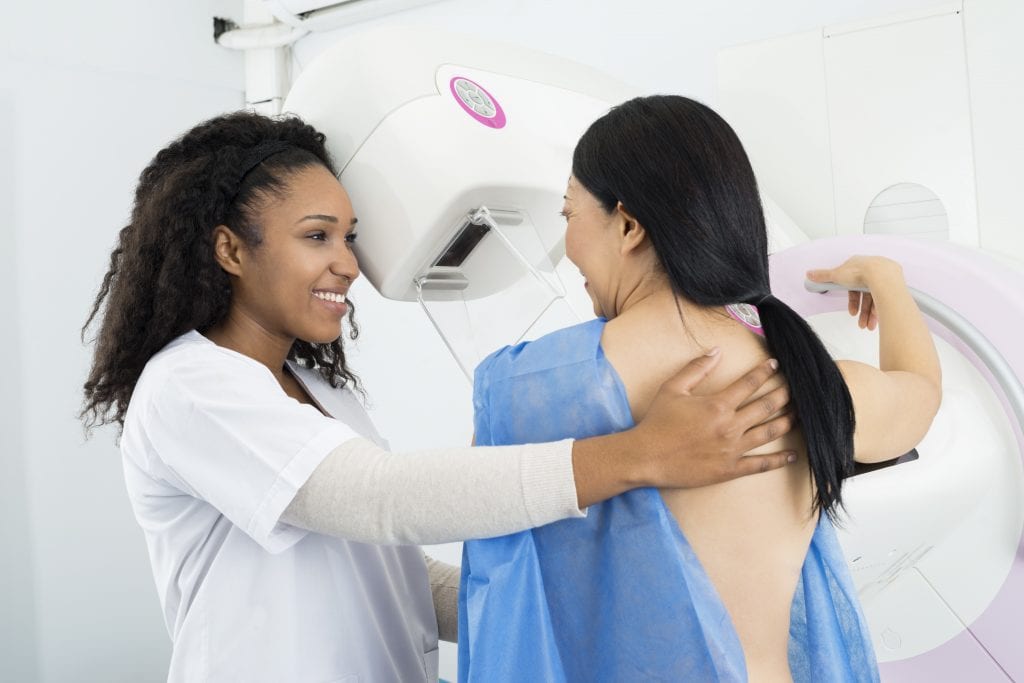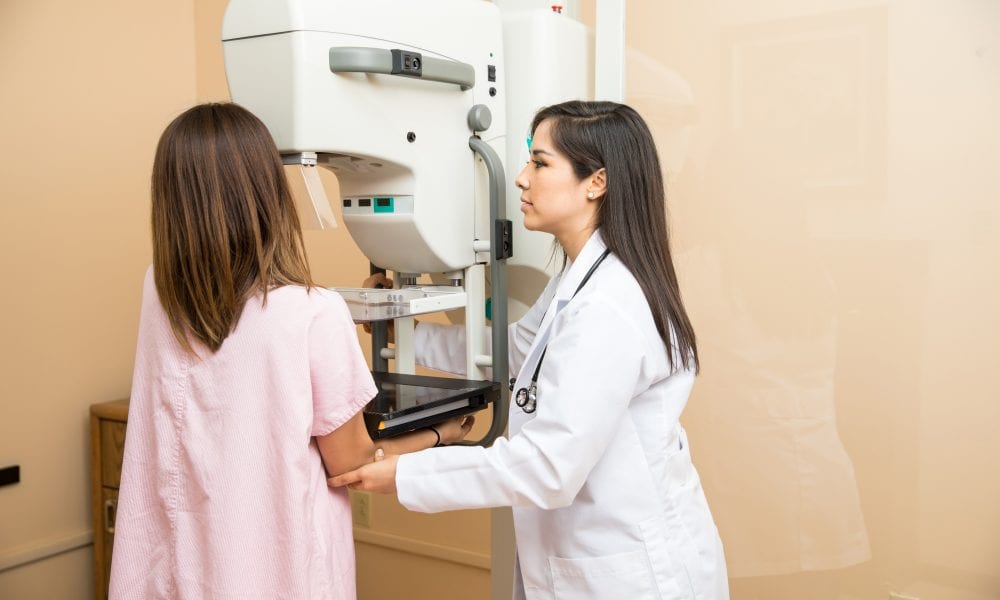Under the Affordable Care Act, mammograms for women age 40 and older are free, as the exams are considered preventative care. But women are often called back for further screening and many are surprised when they are billed hundreds of dollars for these follow-ups, according to a CBS report.
There are plenty of reasons why some of the 30 million women who get mammograms each year may be called back for follow-up exams. A suspicious finding could just be dense breast tissue or a cyst. Or, it could be that the first set of images weren’t clear. While it can feel scary to get a call back, fewer than 1 in 10 women who go in for additional screening are found to have cancer, according to the American Cancer Society.
Women often expect that the follow-up, because it’s an extension of preventative care, will be covered by insurance — but that’s often not the case. The women interviewed by CBS, who are from across the country, said the bills for their additional screening appointments ranged from $350 to $912.

Along with self-breast checks, mammograms are key preventative measures in detecting breast cancer. Finding breast cancer early reduces your risk of dying from the disease by up to 30% or more, according to breastcancer.org, a nonprofit that provides breast cancer information for those who are affected.
While not covered by all insurance companies, higher-tech, 3-D mammograms are becoming more commonly available and are often a solution for women who have dense breast tissue and find themselves getting called back for additional screening.
The 3-D mammograms, which are also known as breast tomosynthesis, can give clinicians more accurate images of breasts because the X-rays use three-dimensional images that help them differentiate between potential cancer cells and overlapping breast tissue.
Similarly, while the Affordable Care Act also covers Pap smears and considers them to be preventative, insurers may not cover follow-up biopsies or additional screening if the initial test comes back abnormal.
If you’re unsure which screenings are covered, it’s a good idea to talk with your provider before you go in. Just don’t skip precautionary care measures, since this is a matter of your health!







